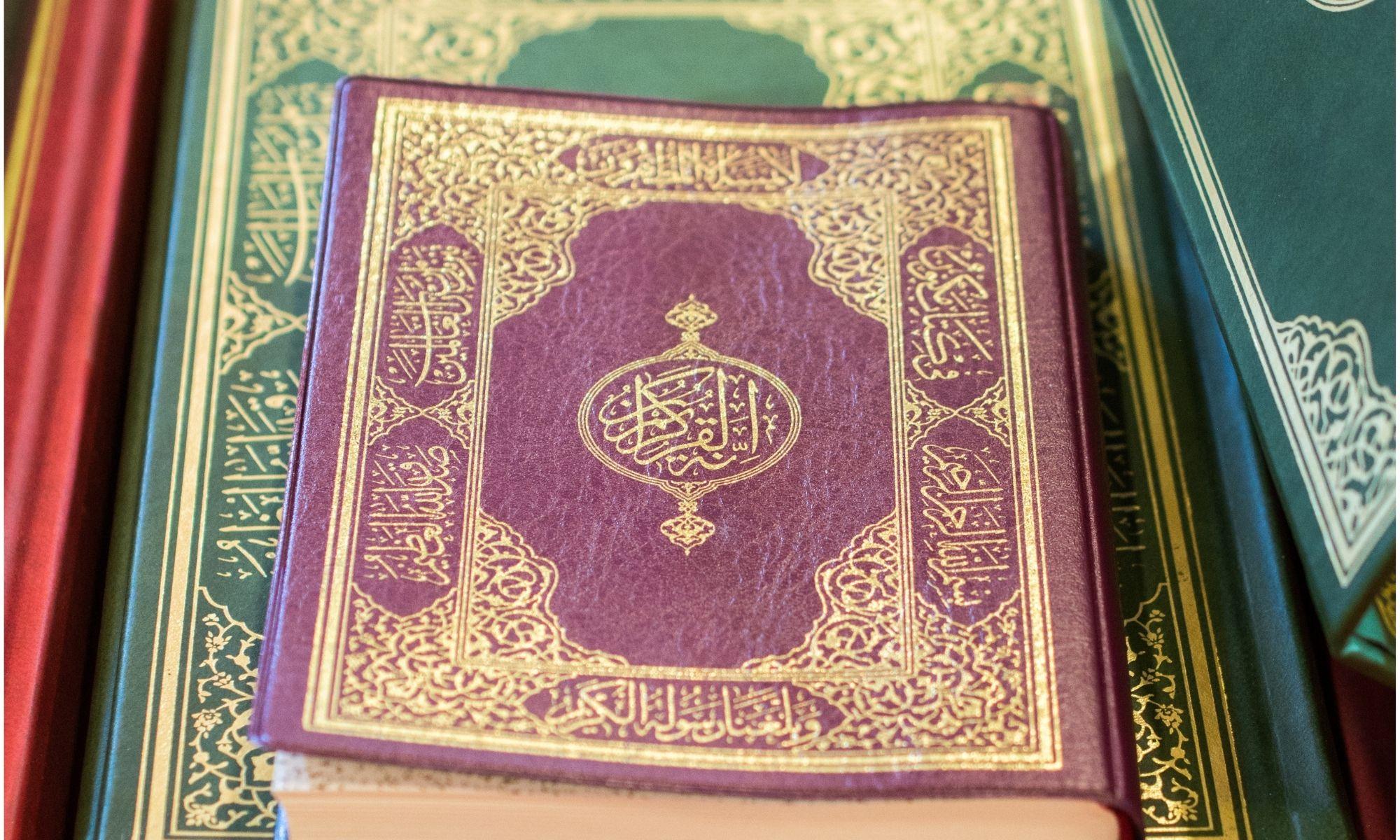
ILM has prepared this guide as a reminder of the basic rules of fasting.
Oh Believers, fasting is prescribed for you as it was prescribed for those before you so that you become mindful of Allah [Quran 1:184]
With Ramadan approaching when Muslims from around the world fulfil the fourth pillar of Islam, by abstaining from food, drink and impure thoughts between the hours of sunrise and sunset, allowing them instead to focus on prayer and connecting with Allah (SWT) through the Quran. We've prepared this simple guide to remind ourselves of the basic rules of fasting.
We are fasting to get closer to Allah (swt) and having the correct intention is the most important rule of fasting. Whether it is stated verbally, although preferable, the intention must be clear and solely for the drawing closer to Allah (swt).
The intention to fast must be made separately for each day of Ramadan. You can make the intention at any time from the sunset of the previous night up to the midpoint between Fajr prayer and Maghrib prayer.
All adult Muslims of sound mind are required to fast in Ramadan. In Islam, an adult is defined as someone who has reached puberty or 15 lunar years, whichever occurs earlier.
Certain Muslims are exempt from fasting. They are:
A person who is ill and for whom fasting will severely affect their health. This has to be clear and be verified by a Muslim doctor. An elderly person or terminally ill person would be allowed to pay Fidya otherwise the person must make up the fast at a later date.
A person who is travelling to a place which is longer than 48 miles away and is staying at that place for less than 15 days. The journey or the intention to travel must be before the start of the Fajr otherwise if a person starts the fast, it must be completed.
A pregnant or breastfeeding woman if there is a danger to health of the mother or unborn child. It is preferable to fast if there is no danger and this can be determined by consulting a Muslim doctor.
A menstruating woman is forbidden to fast whether the period starts before sunset or during the day. However, if the period ends during the day, she must make ghusl and then refrain from eating or drinking for the rest of the day. She would still need to make up the fast for this day.
A fast is broken by consuming food or drink or sexual intercourse during the hours of daylight. Depending on the circumstances around the break, there are different rules or remedies.
If the fast is broken, or not started, intentionally then a Kaffarah is due. This is fasting for 60 consecutive days but if this is too difficult, then one can feed 60 poor people. This can be done through ILM
If the fast is done accidentally, either by eating or drinking after the Suhoor meal or by inserting anything through the nose or ear, then the fast needs to be made up later. There are some exceptions to this:
As you know, Ramadan isn’t solely about fasting; it’s also about charitable donations and being the best Muslims that we can be. You can bring yourself closer to righteousness by donating to ILM this Ramadan.